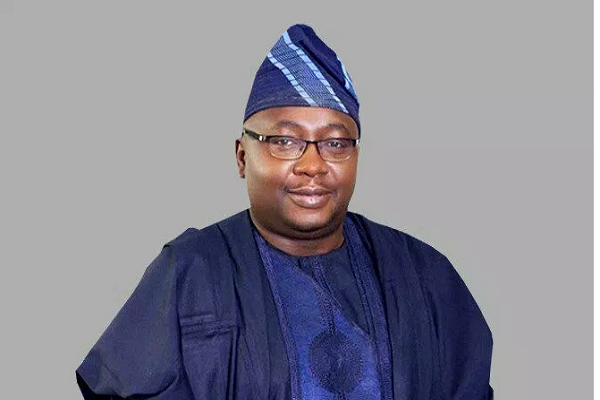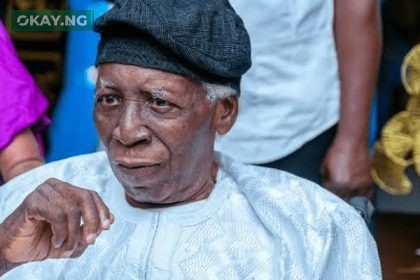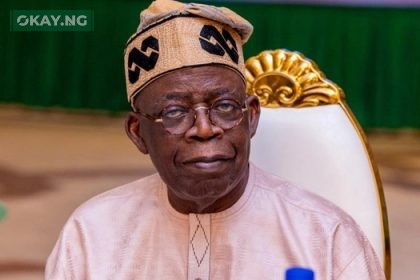The Federal Government, through the Minister of Power, Adebayo Adelabu, has placed the blame for Nigeria’s persistent power challenges squarely on past administrations, asserting that decades of neglect and inaction have led to the current crisis. During a meeting with a World Bank delegation in Abuja, Adelabu stated that previous Nigerian Presidents and military rulers failed to implement necessary reforms, resulting in the sector’s current state of disrepair.
“We actually have a past that we are not proud of. Over the years, we have only been paying lip service to transforming the power sector,” Adelabu stated, according to a statement released by his media aide, Bolaji Tunji. He argued that the present government, under President Bola Tinubu, is committed to laying a “solid foundation for a stable, reliable, and effective power supply.”
The Minister highlighted the stark contrast between past efforts and the current administration’s approach. “In 1984, when the military was in power here, we achieved 2,000 megawatts. Between 1984 and 2023, it took us 40 years to add 2,000MW. Now we have an average of 5,800MW of generation within one and a half years since we came to the office.”
Infrastructure Neglect and Systemic Issues
Adelabu criticized the severe neglect of critical power infrastructure, including transmission networks and distribution transformers, which he claimed have been left unmaintained for years. He also pointed to the issue of widespread vandalism and the significant metering gap, with only six million meters installed for over 12 million customers.
“How will you explain the kind of infrastructure that we put together for our transmission network across the country – thousands of kilometres of powerline, thousands of power transformers, hundreds of thousands of distribution transformers that we have not maintained over time, and expect them to keep sustaining our energy supply? It is not possible,” he emphasized.
Read Also: Nigeria Seeks $10.5m World Bank Loan to Modernize CBN’s Tech and Payment Systems
Furthermore, he specifically called out the previous Buhari administration for its alleged failure to implement the Siemens contract, which was signed in 2019. “We entered into the Siemens contract in 2019. We never lifted a finger until 2023 when this government came on board. So, you can now imagine since this President came in, and now look at the mileage we have achieved. Even in this Siemens project, the pilot phase is almost completed, and that is in less than two years, when in four years we didn’t do anything,” Adelabu explained.
A New Era of Collaboration and Reform
Despite the challenges, Adelabu expressed optimism about the future of Nigeria’s power sector, emphasizing the government’s commitment to partnering with international agencies and reputable organizations, including the World Bank, to achieve its objectives. He commended the World Bank’s support across various facets of the sector, including transmission, distribution, renewable energy, and generation.
“We’ve seen your support in transmission, we’ve seen your support in distribution, we have seen your support in renewable energy, almost in every facet, even in generation,” he acknowledged.
The Minister assured that President Tinubu is deeply concerned about the power sector’s challenges and has pledged full support for all efforts aimed at revitalizing it. He urged continued collaboration and investment to ensure the success of the current administration’s reforms.
The impact of these decades of neglect is felt daily by Nigerians, from small businesses struggling with unreliable power to households facing frequent blackouts. The ripple effects extend to the economy, hindering growth and development. The current government’s commitment to change offers a glimmer of hope, but the success of these reforms will depend on sustained effort and effective implementation.













